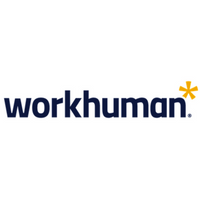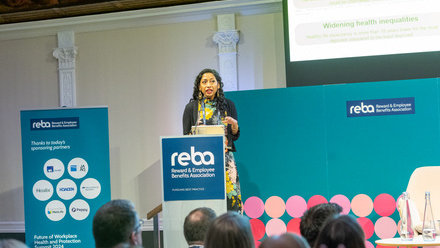How the 'Great Resignation’ will shape the future of work

In a survey of more than 3,500 workers in the US, UK, Ireland and Canada, Workhuman® iQ found that nearly 4 in 10 stated that they are planning to look for a new job in the next 12 months. This projected voluntary turnover has the potential to cost businesses billions.
If you consider the cost to replace an employee to be up to two times their salary, that means a 100-person organisation with an average salary of £50,000 could see the great resignation cost up to £4,000,000 this year. And that’s a conservative estimate.
Lift the lid on turnover
The pandemic has forced a dramatic shift in the employer/employee relationship. It’s also helped workers realise what really matters when it comes to their career. Of those workers planning to look for a new job, nearly one-third (30%) cited: “I want more flexibility” as their primary reason for looking. Other reasons in order of importance include:
- “My salary is too low.”
- “I want a better job title.”
- “I want a better work culture.”
- “I no longer want to work for my manager.”
It’s no surprise that so many workers are re-evaluating their jobs considering the stress and isolation so many of us have experienced this past year and a half. The survey also finds that 64% of people have experienced burnout in their career and 41% of workers said that burnout happened in just the past few months.
Quantify the power of appreciation
What will it take for companies to stay competitive and retain employees in the midst of so much uncertainty? This year’s survey data suggests companies should double down on appreciation and communication.
Not only does recent recognition correlate with lower risk of turnover, vocalising appreciation to others and being a recipient of gratitude and appreciation contributes to the overall health of your organisation. When recognised in the last month, as opposed to never, receivers of gratitude are:
- Nearly two times as likely to be highly engaged (60% versus 32%).
- Nearly three times as likely to agree their work has meaning and purpose (53% versus 18%).
- More than four times as likely to be happy at work (47% versus 11%).
Operationalise gratitude
The best way to operationalise appreciation within and across teams is through an employee recognition programme, defined in this survey as a company initiative to reward employees for achievements, anniversaries and milestones. When a recognition programme is present, employees are:
- Much more likely to feel a sense of connection to their company.
- More than two times as likely to see a path to grow in the organisation.
- Two times as likely to trust their company’s leadership team to make the right decisions for the company and its stakeholders.
In our new era of work marked by increased workplace flexibility, clear communication is even more critical. In fact, frequent check-ins and regular feedback are correlated with higher manager ratings.
What’s next
Rather than sitting back and letting the great resignation decimate your culture and bottom line, use the practical tips offered in this article to reevaluate your people processes. Moments of human connection don’t cost anything – and they could be the very key to enabling trust, belonging and engagement to thrive in your organisation.
This article is provided by Workhuman.
In partnership with Workhuman
Workhuman is a provider of social recognition and continuous performance management software.







